|
Israeli Prime Minister Benjamin Netanyahu has inflicted a significant blow on the Hezbollah militant group with the assassination of its leader Hassan Nasrallah over the weekend. It’s also a major personal victory for the embattled Israeli leader.
But will it change anything in the Middle East? Ian Parmeter writes that Hezbollah has no doubt been shaken, but it has the capacity to rebuild. And if Israel now launches a ground invasion, Hezbollah can still inflict serious losses due to its extensive tunnel network on the border.
Before you go I also want to draw your attention to a short editor’s note we published yesterday explaining why we have retracted an article based on research that found there was a relationship between the ceiling height of exam rooms and exam performance. The article was removed after the researchers who wrote it identified errors in their statistical workings. We are committed to providing accurate and reliable information, and to acknowledging and correcting
errors in an open and transparent way when they occur.
|

|
Misha Ketchell
Editor
|
|

Ian Parmeter, Australian National University
Hezbollah’s leadership ranks have been decimated, but it has the capacity to re-establish itself. It also reportedly has an arsenal of 150,000 rockets, missiles and drones it can use to strike back.
|
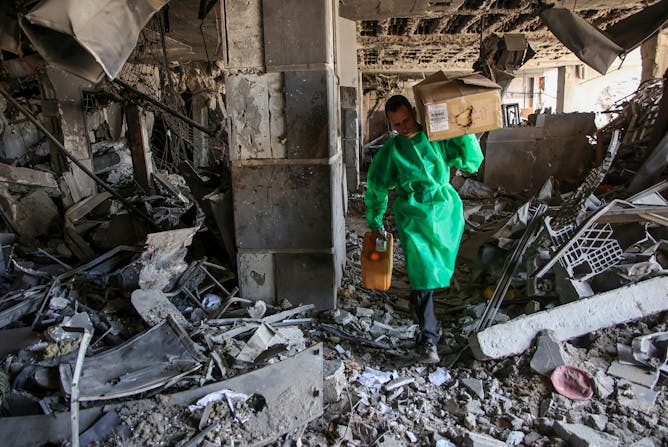
Esperanza Martinez, Australian National University
Medical services are protected under international law. When they are attacked without any consequences, it sends the message health-care workers and patients are acceptable targets.
|
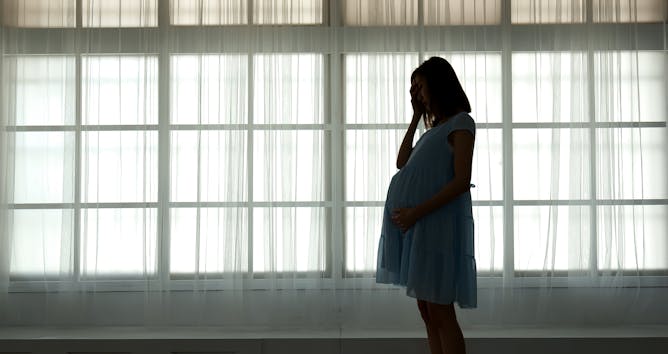
Brianna Chesser, RMIT University
Under current laws in most states and territories, the life of an unborn child is legally indistinguishable from that of the mother.
|
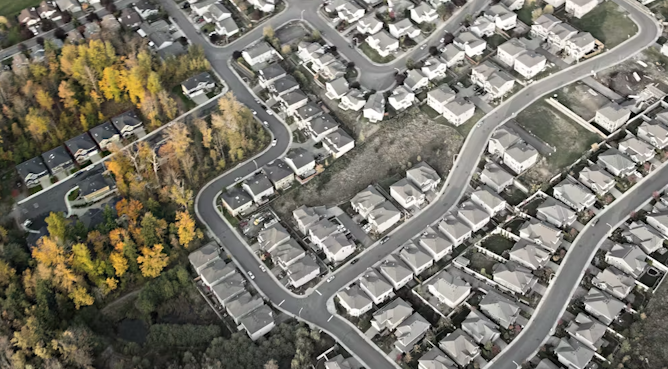
Michelle Grattan, University of Canberra
Is the government about to propose changes to negative gearing? The apparent differences between a bullish treasurer and a cautious prime minister leave us none the wiser.
|

Robert Breunig, Crawford School of Public Policy, Australian National University
Three decades of tax returns show striking patterns. Numbers that end in zero are more likely than other numbers, and more likely to indicate deceit.
|

Heather L. Robinson, Flinders University
The past few months has seen the sudden departure of leadership from the Melbourne Symphony Orchestra, Queensland Ballet, Queensland Theatre, Opera Australia and the Adelaide Festival.
|
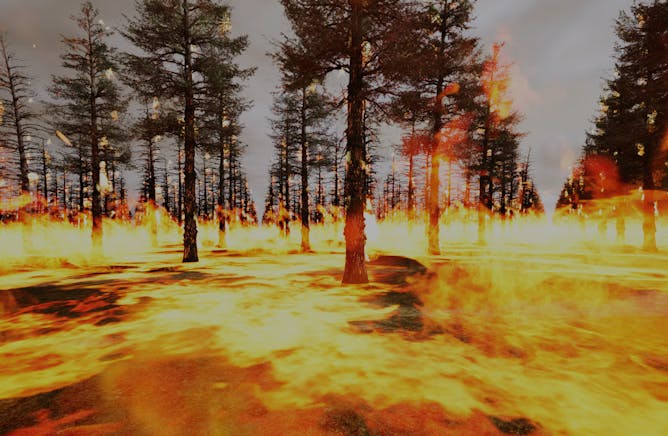
Dennis Del Favero, UNSW Sydney; Michael J. Ostwald, UNSW Sydney; Yang Song, UNSW Sydney
iFire allows firefighters and emergency responders to virtually teleport into a burning landscape and train for the real thing.
|
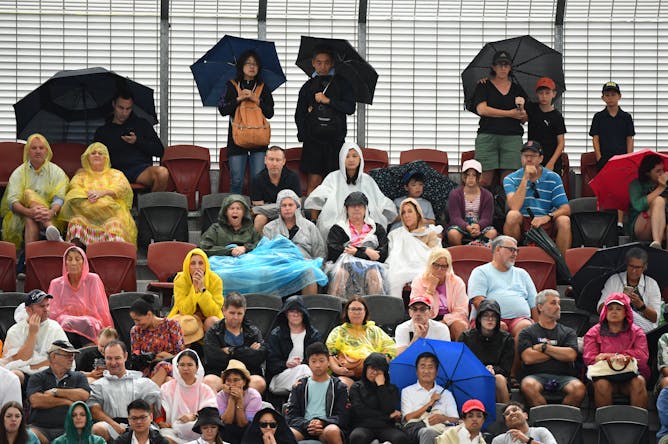
Mandy Freund, The University of Melbourne
Signs of this potential La Niña are emerging fairly late. But new research may help make predictions earlier.
|
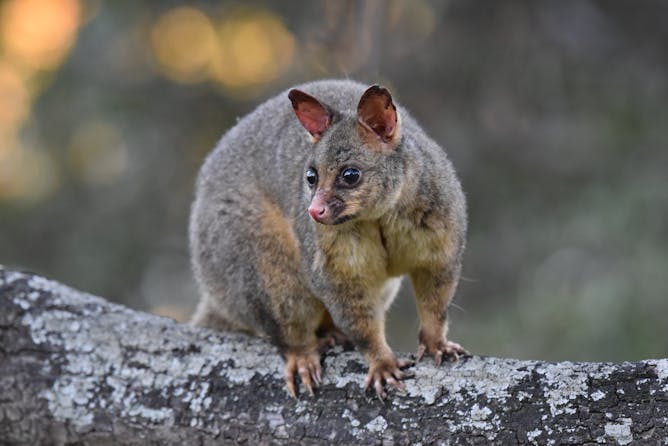
Patrick Finnerty, University of Sydney; Thomas Newsome, University of Sydney
In Australia, people tend to think carnivores lead the clean-up crew after an animal dies. But brushtail possums – thought to be plant-eaters – also eat carcasses.
|

Amanda Niland, University of Sydney
Adults use these phrases all the time to try and support children. But this type of praise may not always be helpful or healthy.
|
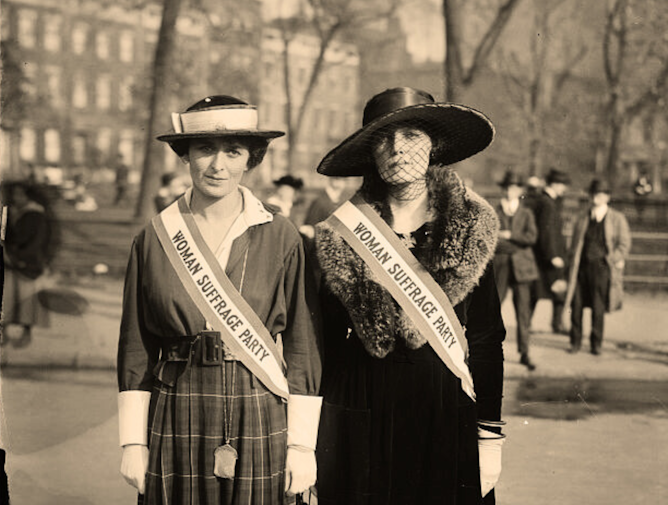
Kerrie Davies, UNSW Sydney
In Travelling to Tomorrow, Yves Rees charts ten little known 20th-century Australian women who thrived in the United States rather than accept a smaller life at home.
|

Misha Ketchell, The Conversation
Today we removed an article titled “Should we ditch big exam halls? Our research shows how high ceilings are associated with a lower score”, because the original research has been retracted.
|
Politics + Society
|
-
Michelle Grattan, University of Canberra
The budget surplus for last financial year has come in at $15.8 billion, well exceeding the $9.3 billion that was forecast in the May budget.
-
Sebastian Maslow, University of Tokyo
The five-time leadership nominee, distrusted by many of the governing party’s top members, has taken out the leadership poll.
|
|
Health + Medicine
|
-
Allen Cheng, Monash University
The COVID pandemic is ongoing, but scientists are on alert for any pathogen that might lead to another global outbreak of disease.
|
|
Science + Technology
|
-
Hallam Stevens, James Cook University
The AI industry is expending vast resources on growth, fuelled by unrealistic optimism about technology and the future.
|
|
Environment + Energy
|
-
Sarah Legge, Australian National University; Braedan Taylor, Indigenous Knowledge; Jaana Dielenberg, Charles Darwin University; Pius Gregory, Indigenous Knowledge; Rachel Paltridge, The University of Western Australia
Footprints, droppings, diggings and other signs left behind by animals reveal a lot to a skilled observer. Indigenous knowledge feeds into one of Australia’s largest wildlife monitoring endeavours.
|
|
Education
|
-
Vitomir Kovanovic, University of South Australia; Maarten de Laat, University of South Australia; Rebecca Marrone, University of South Australia
We have been evaluating a trial of AI in South Australian schools. Teachers acknowledge the risks but say it can reduce time pressures and help students learn.
|
|
Arts + Culture
|
-
Louise Pryke, University of Sydney
From Opera Australia, Sydney Chamber Orchestra and Carriageworks, Gilgamesh, is a visceral retelling of a story from a forgotten age, exploring ideas of love, tyranny and what it means to be human.
-
Sara Oscar, University of Technology Sydney; Cherine Fahd, University of Technology Sydney
The Substance is a satirical body-horror and science fiction film underpinned by feminist critique.
|
|
Books + Ideas
|
-
Emma Quilty, Monash University
Sugar: An Ethnographic Novel is an elegant and intimate portrayal of everyday life in Fiji, deeply honest about the struggles and inequalities beneath the image of a tourist paradise.
|
|
Business + Economy
|
-
David Beirman, University of Technology Sydney
Australians are highly exposed to financial loss if an airline, tour operator or travel agency collapses, compared to travellers in the United Kingdom and Europe.
-
Richard Meade, Griffith University
Capital gains taxes are often lauded as the fair way to ensure everyone pays their fair share. But when you map out different tax scenarios, taxing capital gains many not be as fair as it seems.
-
Rob Nicholls, University of Sydney
The competition watchdog reported hearing ‘concerning’ reports from suppliers about being paid prices below the cost of production but having ‘little choice but to agree to highly unfavourable terms’.
|
|
| |
|
|
|
The Conversation AU/NZ
Melbourne VIC, Australia
•
Full Time
|

|
|
University of Wollongong
Wollongong NSW, Australia
•
Full Time
|

|
|
Royal Australian and New Zealand College of Ophthalmologists
Anywhere
•
Casual
|

|
|
|
|
| |
| |

|
| |
| |
| |
Featured Events, Courses & Podcasts
|
View all
|
|
|
|

|
8 - 29 November 2024
•
Sydney
|

|
11 - 15 November 2024
•
Perth
|

|
12 - 13 November 2024
•
MELBOURNE
|
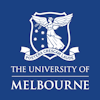
|
|
|
|
| |
| |
| |
| |
| |
|
|